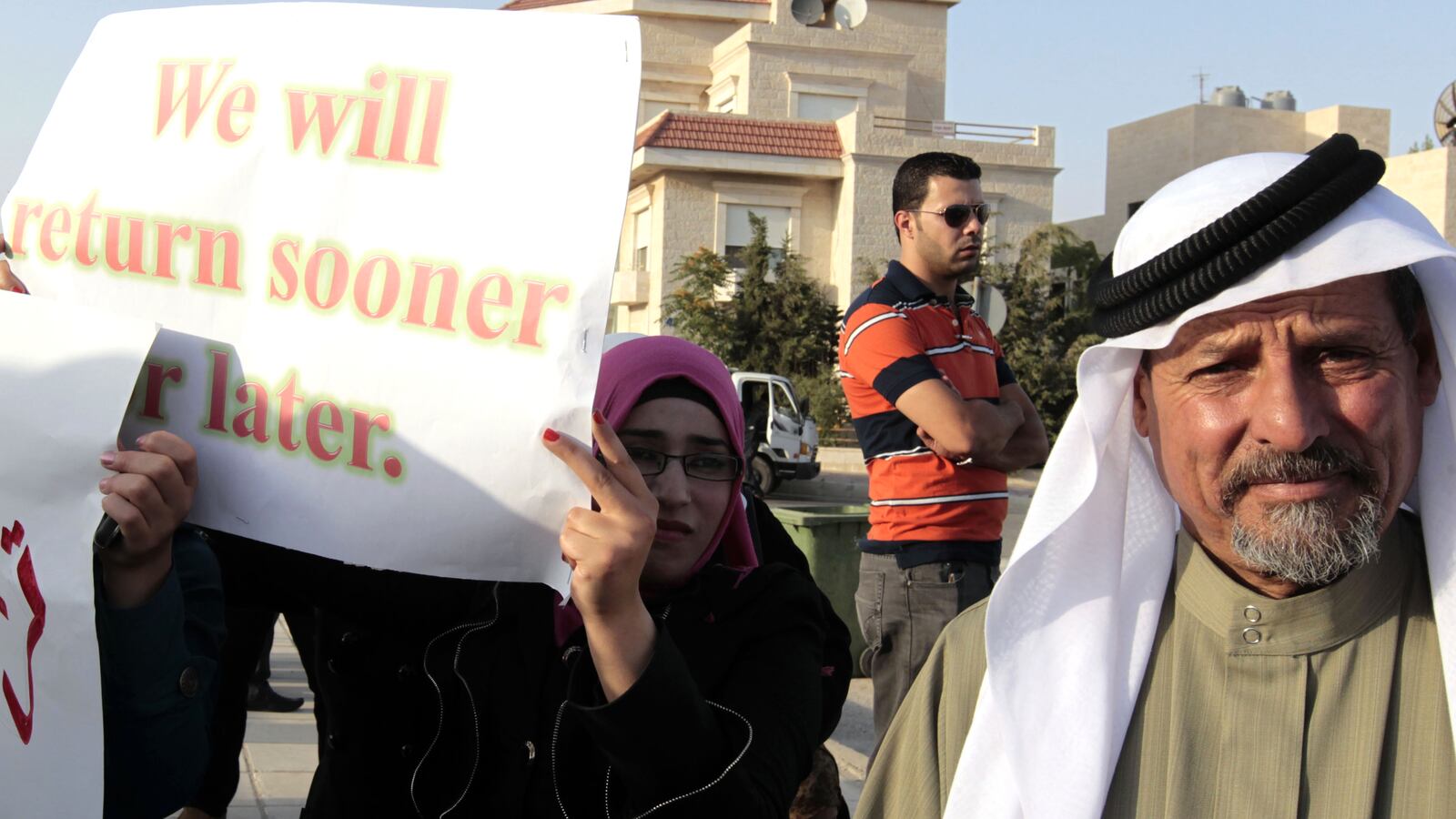I welcome Lyn Julius' response in yesterday's Open Zion to my earlier post regarding Jews from Arab countries. I respect her well-known commitment to justice for Jews from Arab countries—indeed, I am familiar with her writing, which is why I linked to one of her articles in my original post.
While I respect Ms. Julius’ views, I do not respect what appears to be her deliberate mis-characterization of my own views regarding Jews from Arab countries. For example, she blithely references my alleged "denial of Jewish refugee rights and belittling of Jewish suffering," while apparently ignoring—and hoping readers will ignore—the multiple statements in my article affirming that Jews from Arab countries have unquestionably suffered and have genuine claims that must be addressed. The fact is, Ms. Julius and I agree on this point. What we clearly disagree on is the question of how—or whether—this issue fits into efforts to achieve Israeli-Palestinian peace. And just as clearly, her article is a validation of every point I presented in my piece with respect to how the forces behind this campaign see the issue.

I am also troubled by Ms. Julius's decidedly non-traditional and, dare I say, deceptive use of quotes. For example, she writes:
[s]he [Lara Friedman] proceeds to question if Jews were ‘refugees’ at all—a ‘degrading’ term.
Anyone reviewing my article will note that I never wrote that I thought the term “refugees” was “degrading.” What appears in my article is a quote from an Israeli professor, Yehouda Shenhav, (whom Julius denigrates as a "radical Marxist" without any explanation and without indicating what that characterization has to do with his views on this issue). Professor Shenhav's quote, which refers not to the term "refugees" but to the comparison between Palestinian refugees and Jews from Arab countries, reads as follows:
The unfounded, immoral analogy between Palestinian refugees and Mizrahi immigrants needlessly embroils members of these two groups in a dispute, degrades the dignity of many Mizrahi Jews, and harms prospects for genuine Jewish-Arab reconciliation.
Even more bizarrely, Ms. Julius goes on to write:
Friedman seems to believe that unless Jews want to return to their countries of birth, they cannot be real refugees: ‘They are either refugees, or they are new immigrants—they can’t be both.”
A quick review of my article demonstrates that Ms. Julius simply fabricated that last quote. The closest thing I wrote to it—and it isn't close at all, except in rhythm—was this:
Is Israel the homeland of the Jews—the place where full citizenship is the birthright of any Jew born anywhere, or is it a generic country that magnanimously gave what has turned out to be permanent refuge to a group of foreigners (who happened to be Jewish) fleeing persecution in their native countries of the Arab world? It can’t be both.
I sympathize with the desire of Ms. Julius—and, indeed, any writer—to find good rhetorical hooks on which to hang her arguments. However, when such hooks are not ready at hand, or are not exactly what a writer needs in order to make his or her point, journalistic ethics do not permit a writer to blatantly mis-characterize another writer's views. They likewise do not permit a writer to twist someone's words, to mis-characterize the way another writer—or someone that writer quoted—actually used a word, or to manufacture quotes to suit their needs. And in an era when quotes can be checked with a click of a mouse, doing so defies not only journalistic ethics but also common sense. The fact that Ms. Julius did all of these things in her response to my article does her no credit as a writer and does no credit to her cause.





